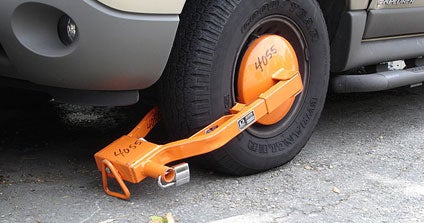Sluggish Home Sales Keep Some Ex-Couples In 'Divorce Limbo'
CHICAGO (CBS) -- They want to get divorced, but they're held hostage by their home. They can't sell, so they're stuck -– together.
Some attorneys call it divorce limbo. The economy's to blame, CBS 2's Kristyn Hartman reports.
A number of attorneys say they've seen it: What used to be the primary asset in a divorce – the home – has in many cases become a liability. How times have changed.
In the 1989 film "The War of the Roses," a couple trying to split fights over who gets to stay in the home. For years, in real life, that was an issue. Not anymore. Flash forward to 2011.
"Nobody's fighting over the houses. They're fighting over who's going to take it? Nobody wants the houses now," says divorce attorney Tracy Rizzo.
She's seen that in the great majority of her recent cases. That includes Lee Drabek's case.
He showed us what used to be his dream home. Now he just wants to sell the place so he can "move on" with his life.
But he says his home is holding up his divorce, which started two years ago. Right now, he lives under the same roof, just down the hall from the woman who will be his "ex" because that's the only situation they can afford.
"It's not a nice way to live," Drabek said. "It's not what I had planned."
And yet, it's not uncommon.
"In the last couple of years that's been more the norm than not," real estate agent Michael Giliano says.
He also told us nearby foreclosures and short sales have hurt what Drabek can get for his place. Even though the homeowner's lived there 10 years, and he's kept the house up, he's "underwater."
That isn't good when you're trying to work through a divorce.
"People are leery about putting in a settlement argument that they're going to be responsible for half the deficiency when they have no idea how much money that could be until the house sells," Rizzo, the attorney, says.
Is there a fix?
"Yes, for the economy to be better so people can get divorced in peace -- and quickly," Rizzo said.
Giliano says it used to be less than 10 percent of his homes for sale were with people in Drabek's position – couples trying to divorce and unload a house to get out from under it. Now it's about 40 percent, he says.







